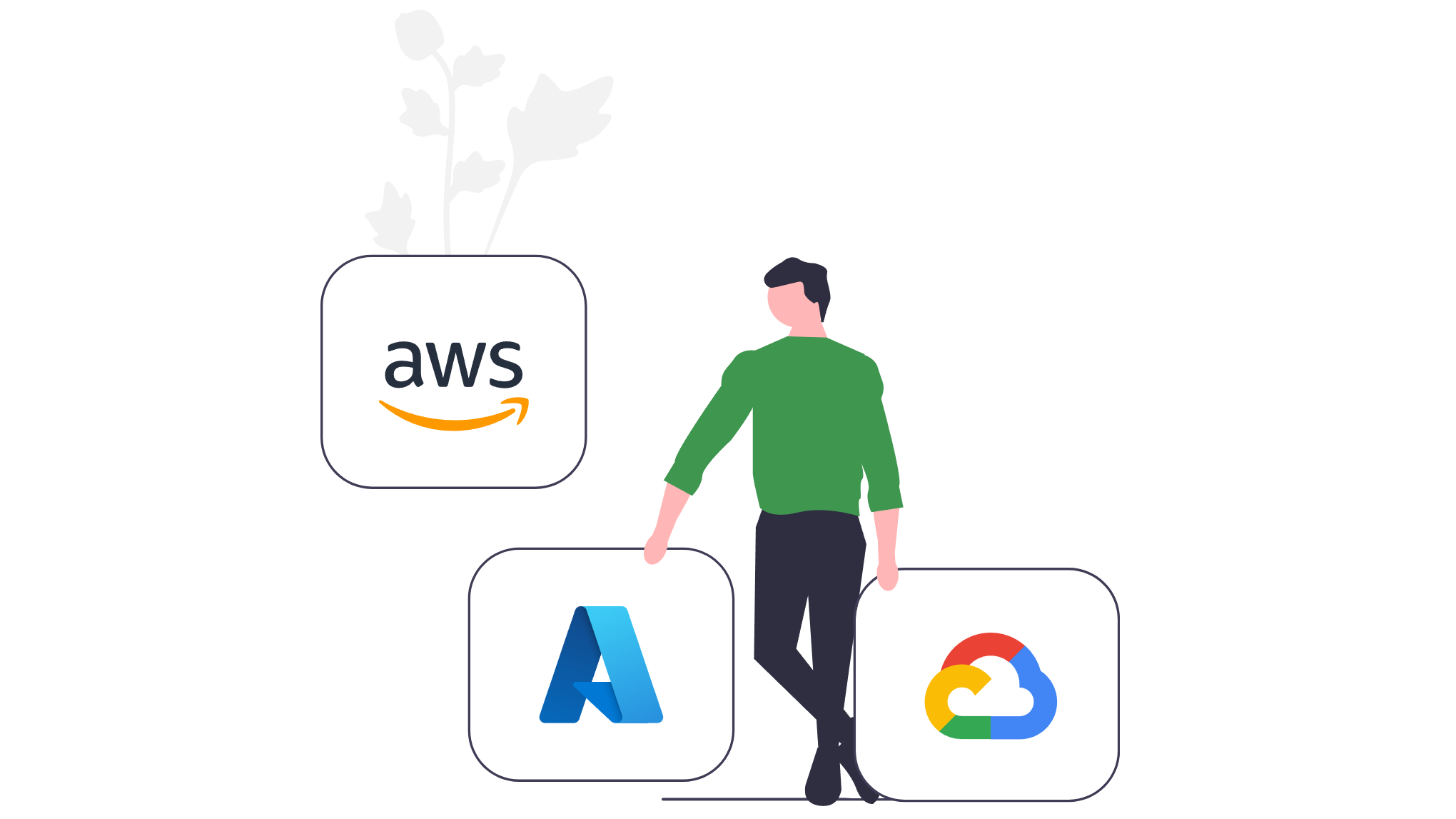In today’s hyper-connected world, your website is often the first impression you make on potential customers. A sluggish website can be detrimental, driving visitors away faster than you can say “bounce rate.” While factors like website design and SEO are crucial, a fundamental element often overlooked is your web hosting. Believe it or not, your hosting choice has a significant impact on your site’s speed, which in turn affects your user experience, search engine rankings, and ultimately, your bottom line. This blog dives deep into the connection between web hosting and website speed, giving you actionable advice to make the best decision for your business.
Why Speed Matters: The Impact of a Slow Website
Before we get into the nitty-gritty of hosting, let’s understand why website speed is so important. In the fast-paced digital landscape, patience is a rare commodity. Users expect websites to load almost instantaneously. Studies show that even a one-second delay can lead to a significant drop in conversions.
Here’s how a slow website can hurt your business:
- Poor User Experience: A slow website frustrates visitors, leading to a negative user experience. They’re more likely to abandon your site and seek out a competitor with a smoother, faster experience. This is especially true for mobile users. These days the most traffic comes from mobile devices.
- Lower Search Engine Rankings: Google and other search engines use site speed as a ranking factor. A slower site is likely to rank lower in search results, making it harder for potential customers to find you through online marketing efforts.
- Reduced Conversions: Whether your goal is sales, leads, or sign-ups, a slow website directly impacts your conversion rates. Frustrated users are less likely to complete desired actions. Imagine a customer in Sydney trying to purchase a product on your e-commerce website but getting stuck on a loading screen. They’re likely to give up and go elsewhere.
- Damaged Brand Perception: A slow website reflects poorly on your brand. It can make your business appear unprofessional and unreliable, ultimately hurting your brand identity.
How Your Web Host Affects Site Speed
Your web host is essentially the foundation of your website. It’s where your website’s files and data are stored, and it’s the engine that delivers your content to visitors. Therefore, the quality and performance of your host have a direct correlation with your site speed. Here’s a breakdown of the key factors:
1. Server Location:
The physical location of your web host’s servers plays a significant role. If your target audience is primarily in Australia, it’s best to choose a host with servers located in Australia, or at least in the Asia-Pacific region. This reduces the distance data needs to travel, resulting in faster loading times. A business in Perth, for example, would benefit from a server in Sydney or Melbourne more than one located in Europe.
2. Server Resources (RAM, CPU):
Think of server resources like the engine of a car. More powerful resources (RAM and CPU) mean faster processing and quicker delivery of website content. Shared hosting, where multiple websites share the same server resources, can be slower, especially during peak traffic times. If your website receives a lot of traffic or is resource-intensive, consider upgrading to VPS (Virtual Private Server) or dedicated hosting for better performance.
3. Server Software and Configuration:
The software your web host uses to run its servers also impacts speed. Factors like the web server software (e.g., Apache, Nginx, LiteSpeed), database software, and caching mechanisms all play a role. A well-configured server with optimised software can significantly improve loading times. For example, the video below explains the differences between those three web server software mentioned above.
4. Bandwidth and Data Transfer:
Bandwidth refers to the amount of data that can be transferred between your website and visitors within a specific timeframe. Limited bandwidth can lead to bottlenecks, especially during traffic spikes. Ensure your hosting plan offers sufficient bandwidth to accommodate your website’s needs, especially for businesses in busy cities like Melbourne that might experience high traffic volumes.
5. Storage Type:
The type of storage your web host uses can affect website speed. Traditional hard disk drives (HDDs) are slower than solid-state drives (SSDs). SSDs use flash memory, which allows for much faster data access and retrieval, resulting in quicker loading times. Most reputable hosts nowadays offer SSD storage, but it’s always worth double-checking.
6. Content Delivery Network (CDN):
A CDN is a network of servers distributed across multiple locations. It stores cached copies of your website’s static content (like images and videos) on these servers. When a user visits your site, the CDN serves the content from the server closest to them, reducing latency and improving loading times. This is particularly beneficial for businesses with a national or international audience. This can greatly assist businesses aiming for a strong online presence across various Australian cities.
Choosing the Right Web Host for Optimal Speed
Now that you understand the connection between hosting and speed, how do you choose the right host for your Australian business? Here are some actionable tips:
- Identify Your Needs: Consider your website’s size, traffic volume, and resource requirements. A small business with a simple website design might be fine with shared hosting, while a large e-commerce website in Sydney with thousands of daily visitors might need a dedicated server or cloud hosting.
- Prioritise Server Location: Choose a host with servers located in Australia or the Asia-Pacific region to minimise latency for your target audience.
- Look for SSD Storage: Opt for a host that offers SSD storage for faster data access.
- Check Bandwidth and Resource Limits: Ensure your hosting plan provides sufficient bandwidth and resources (RAM, CPU) to handle your website’s traffic.
- Consider a CDN: If you have a wide audience or experience traffic spikes, a CDN can significantly improve your site’s speed and performance. This is especially helpful for businesses conducting pay-per-click advertising campaigns that drive sudden influxes of traffic.
- Read Reviews and Compare: Research different hosting providers, read reviews from other Australian businesses, and compare their features and pricing. Pay attention to customer support reviews as well. You want a host that provides reliable and responsive support when you need it.
- Test Site Speed: Once your site is set up, test your website speed using tools such as GTmetrix, Pingdom Tools, or Google PageSpeed Insights.
Beyond Hosting: Other Factors Affecting Site Speed
While your web host is a crucial piece of the puzzle, it’s not the only factor influencing site speed. Here are some additional considerations to optimise your website for speed:
- Optimise Images: Large image files can significantly slow down your website. Compress your images without sacrificing quality using tools like TinyPNG or ImageOptim.
- Minify Code: Minimise the size of your HTML, CSS, and JavaScript files by removing unnecessary characters and whitespace.
- Leverage Browser Caching: Enable browser caching to store static files locally on visitors’ browsers, reducing the need to reload them on subsequent visits.
- Use a Content Management System (CMS) Optimised for Speed: If you’re using a CMS like WordPress, choose a lightweight theme and minimise the use of plugins.
- Regularly Update Software: Keep your CMS, plugins, and themes up to date to ensure optimal performance and security. These updates can also benefit your local SEO efforts.
Conclusion: Invest in Speed for Online Success
In the competitive digital landscape of Australia, a fast website is no longer a luxury; it’s a necessity. Your web hosting choice plays a pivotal role in determining your site’s speed, which directly impacts user experience, search engine rankings, conversions, and your overall online presence. By understanding the factors that influence speed and making informed decisions about your hosting, you can set your business up for online success. Remember, investing in a reliable web host is an investment in the future of your business, particularly for small businesses and startups aiming to establish a strong digital presence in cities like Brisbane, Adelaide or even Darwin.
Don’t let a slow website hold you back. Take the time to evaluate your current hosting situation and make the necessary changes to ensure your website is performing at its best. By prioritising speed, you’ll not only improve your website’s performance but also enhance your overall digital marketing strategy and build a stronger brand. It is important to remember that your brand identity and digital strategy need to be incorporated into your content marketing strategy, if you want to build a stronger digital presence.
For more insights into web design and digital marketing strategies, explore our blog.
Blu Mint Digital is a Melbourne-based agency specialising in website design, development, and digital marketing solutions tailored to your business needs. (blumint.com.au)








